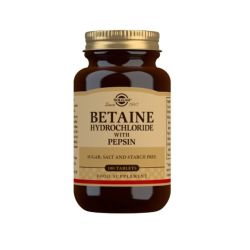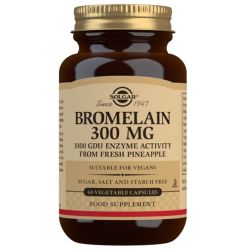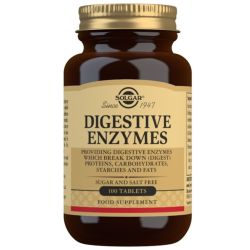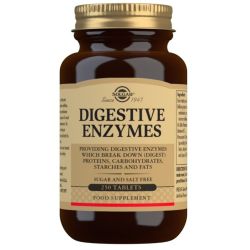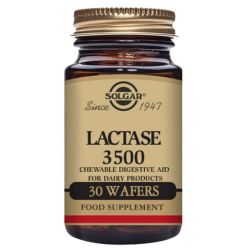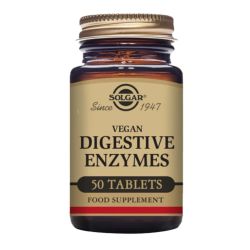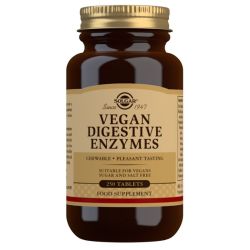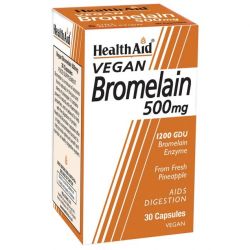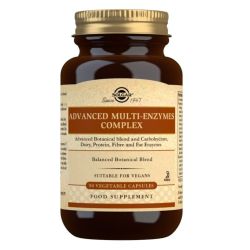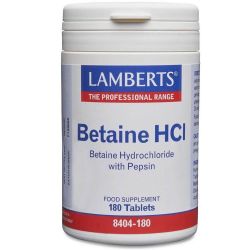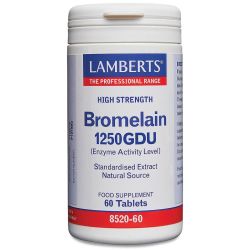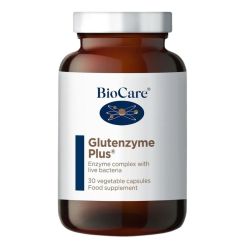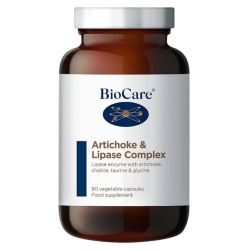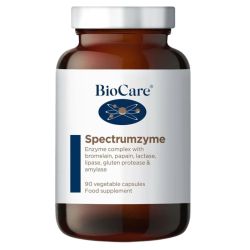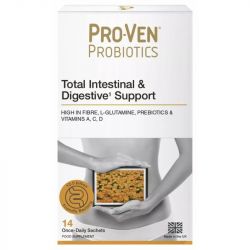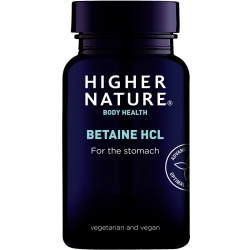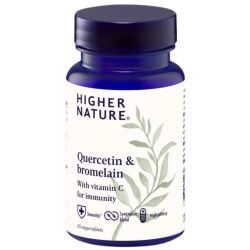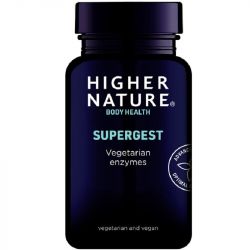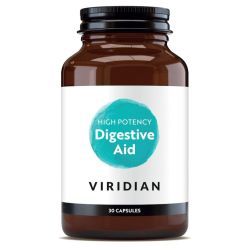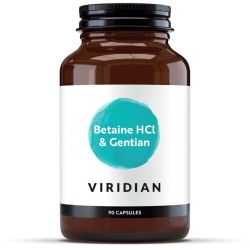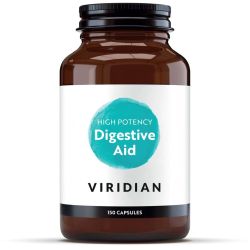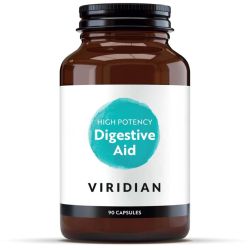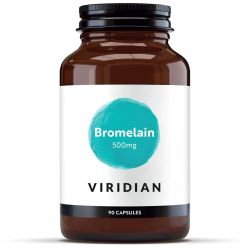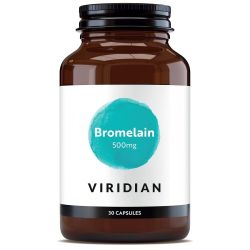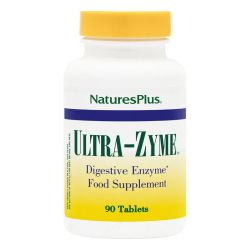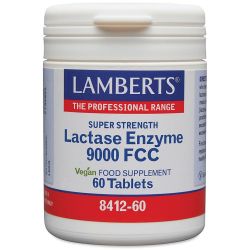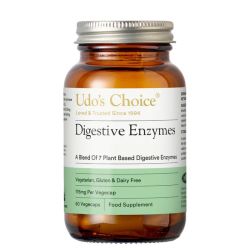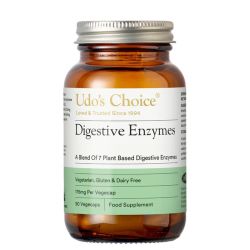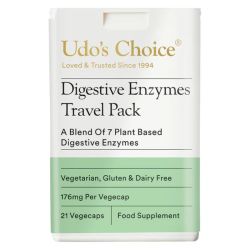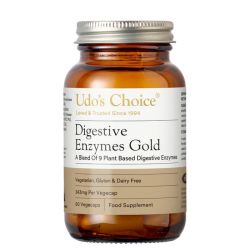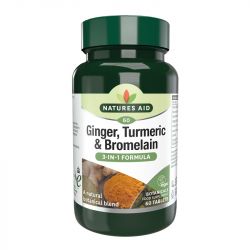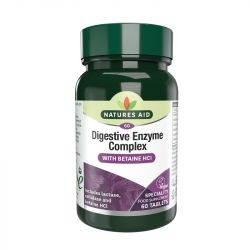Digestive Aids & Enzymes
Digestive enzymes and probiotics in the gut are very important for your overall health, as well as the health of your digestive system. A poor diet that isn't rich in protein, leafy greens and vegetables, fruit and whole grains will have an impact on your gut bacteria. Antibiotics can also take their toll on your digestive balance. Shop our range of probiotic and digestive enzyme products to get your gut flora back on track.
- ProVen Probiotics Acidophilus & Bifidus Plus Intestinal & Digestive Support Sachets 14Special Price £13.73 Regular Price £15.25
All you need to know about Digestive Aids & Enzymes
Do I need digestive enzyme supplements?
You may need digestive enzyme supplements or probiotics if you suffer from IBS (Irritable Bowel Syndrome) or IBD (Irritable Bowel Disorder). Bifidobacterium is the best type of probiotic for these conditions because of its anti-inflammatory properties. If you are suffering from gastroenteritis because of a bacterial or viral infection, your GP may recommend a probiotic containing lactobacillus for side effects such as stomach pain, vomiting and loose stools. If you are on antibiotics, this can also upset your natural gut balance, which can lead to digestive problems and constipation. Taking a probiotic supplement can help with this.
What are digestive enzymes?
Digestive enzymes are cultures that quicken the chemical processes that turn the food we eat into nutrients that our digestive tract absorbs. They are essential for ensuring that we are able to turn the food we eat into nutrients that keep our bodies working effectively. There are three main types of digestive enzyme – amylase (which breaks down carbohydrates), protease (which digests protein), and lipase (which breaks down fats).
Which foods naturally contain digestive enzymes?
Your gut should get the friendly bacteria it needs from your diet, and there are certain foods that are rich in digestive enzymes that are important for gut health. These include honey, fruits such as mango papaya and avocado, sourdough, live yogurt, kefir, sauerkraut and kimchi.
Is it okay to take probiotics every day?
This is a common question, and the general answer is that you should consult your GP if you feel you may need probiotic supplements, as you may be able to also make changes to your diet to give your gut the bacteria it needs. Generally speaking, probiotic supplements are safe to take every day, and in some cases, depending on your gut health and underlying medical conditions, they are recommended on a daily basis. You shouldn't substitute probiotics for medicines, and should discontinue use or take less of them if you experience side effects.

